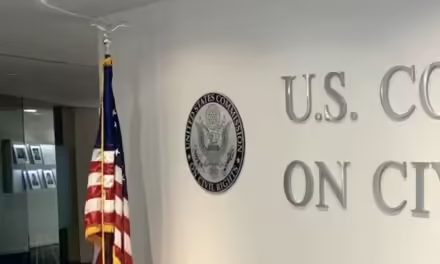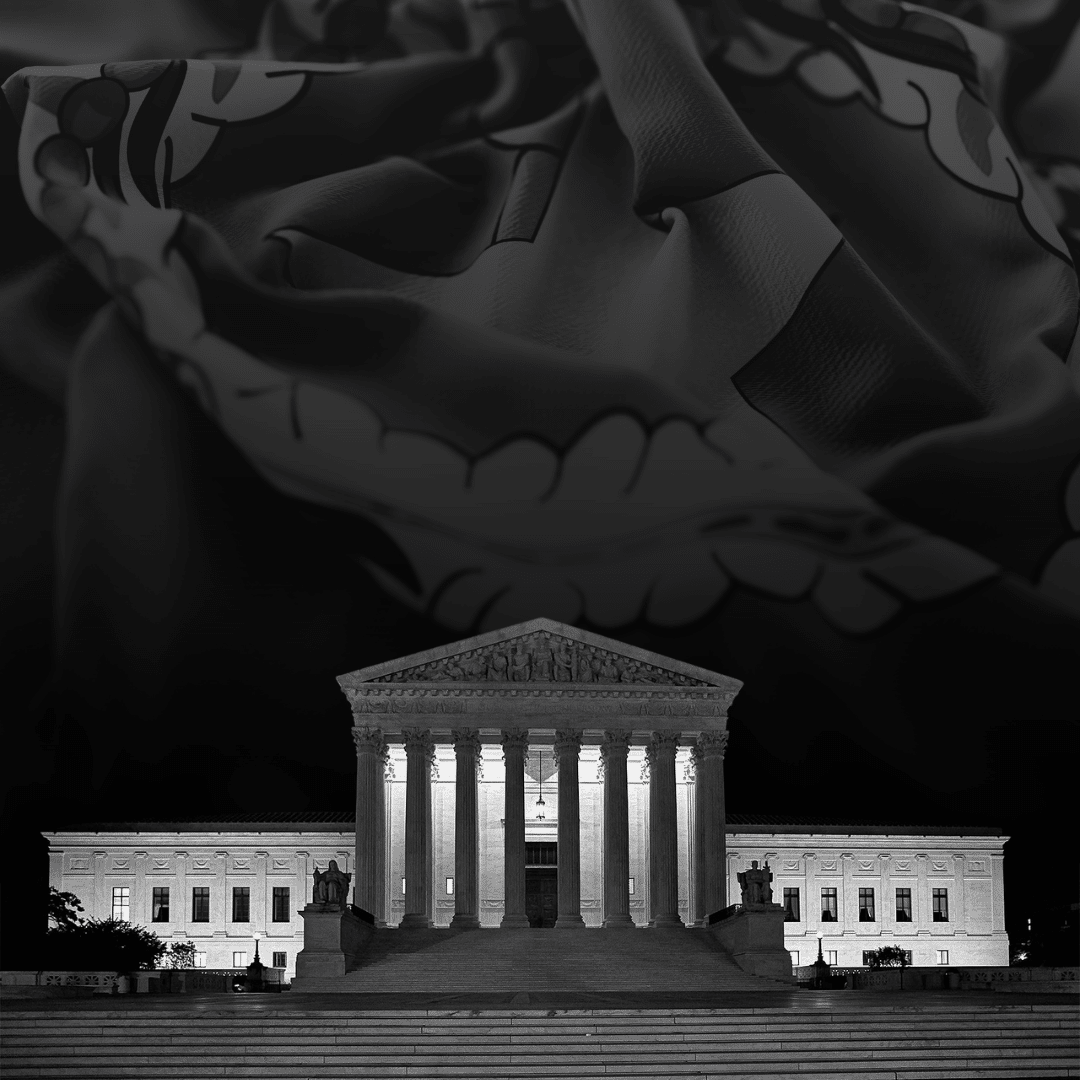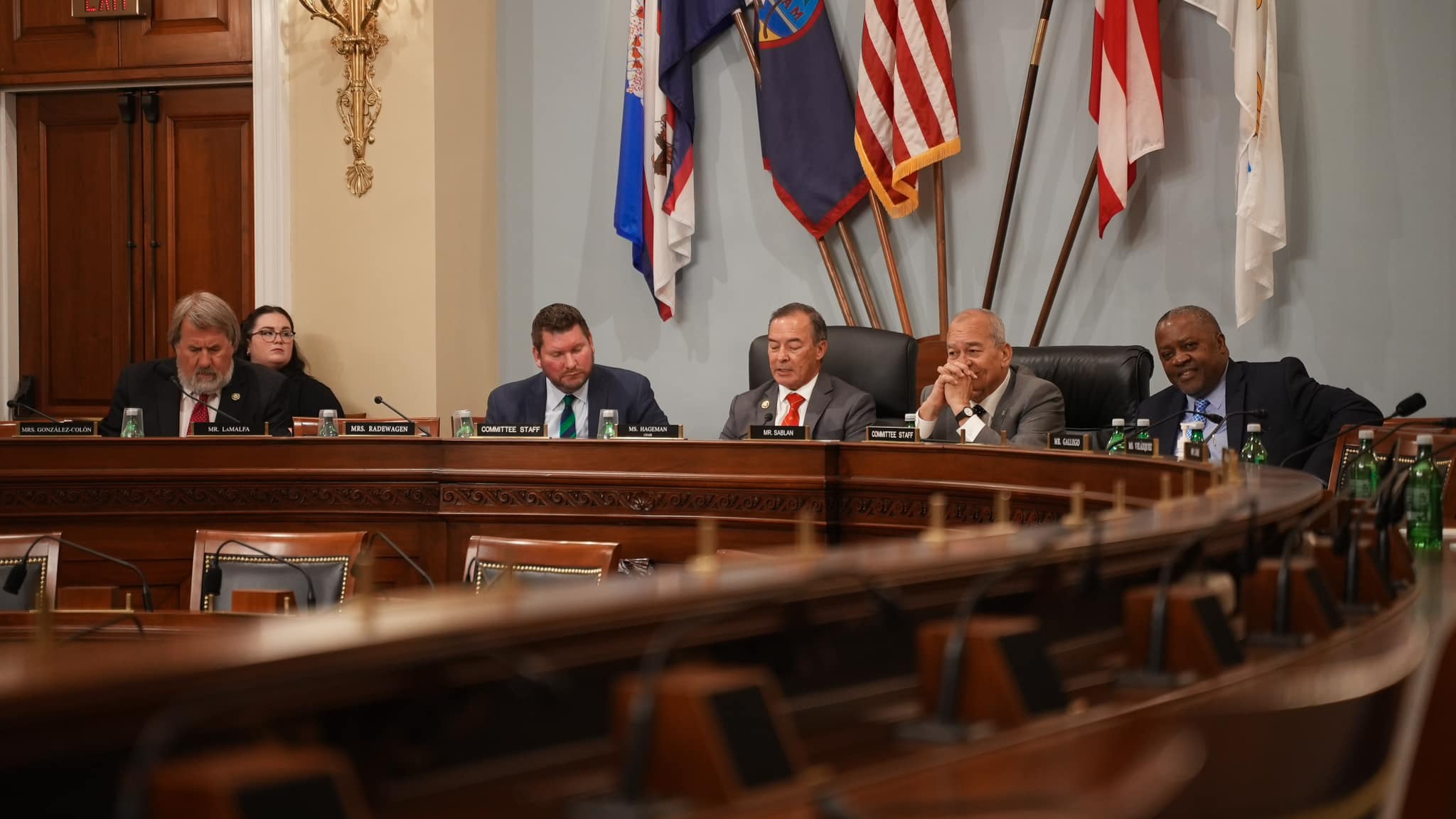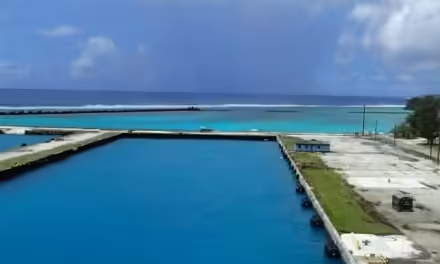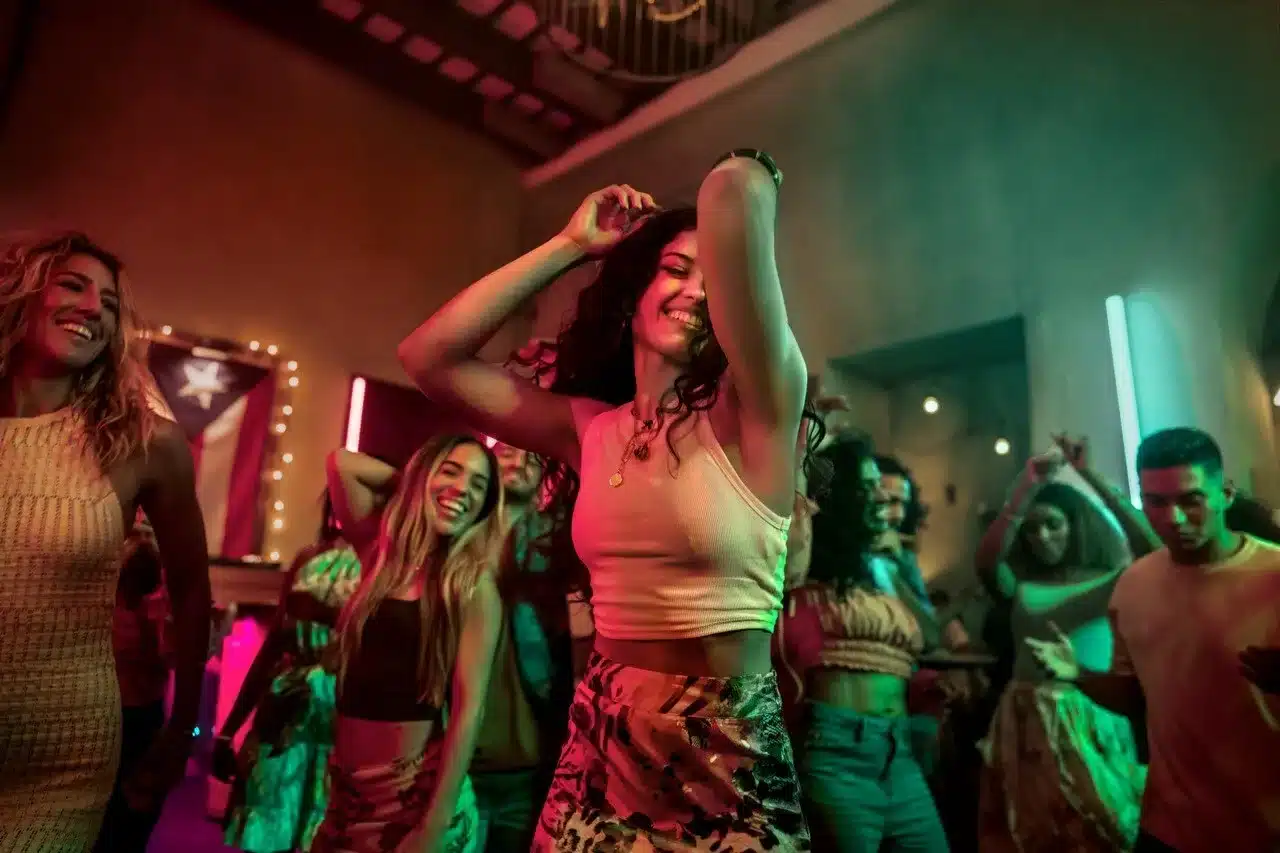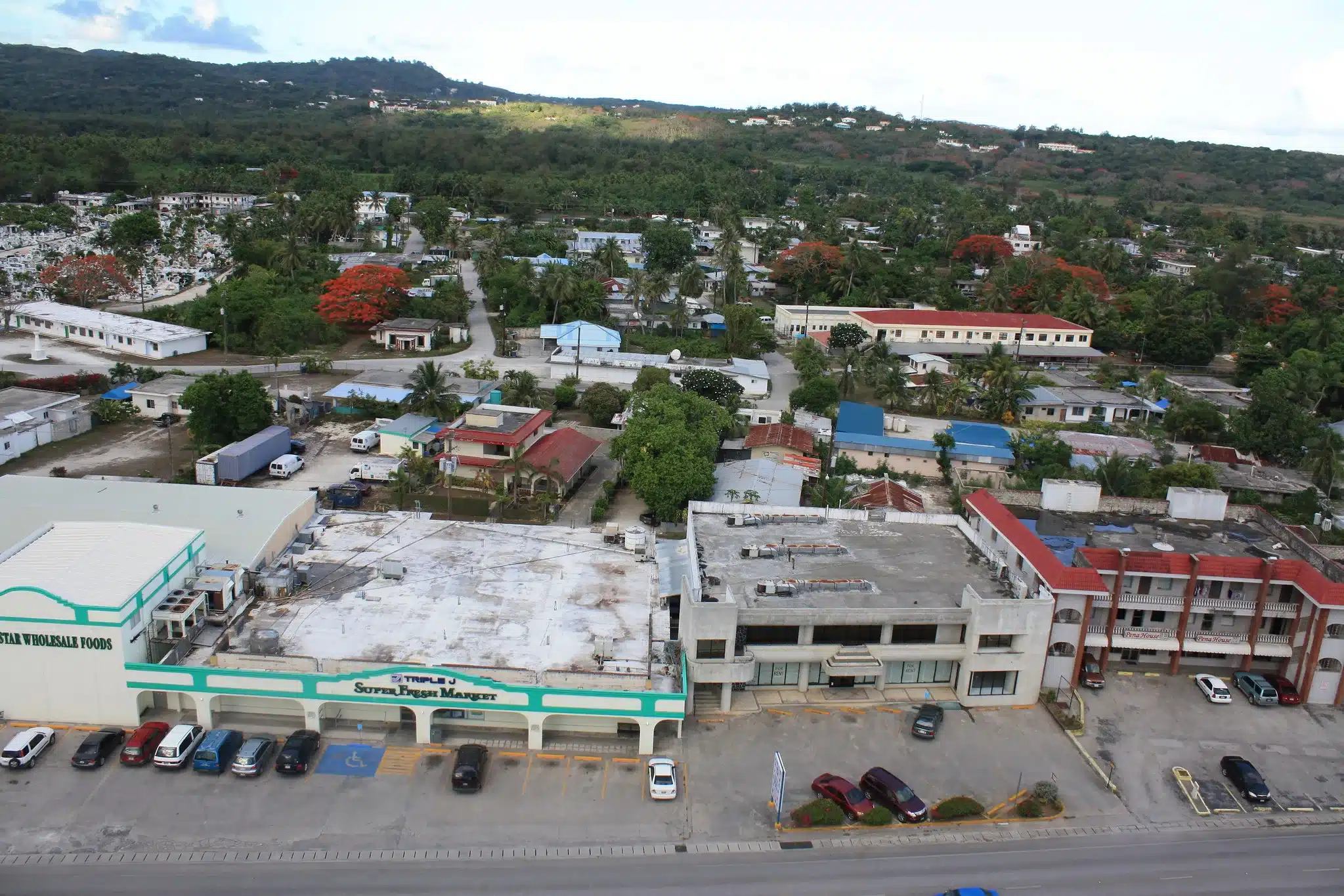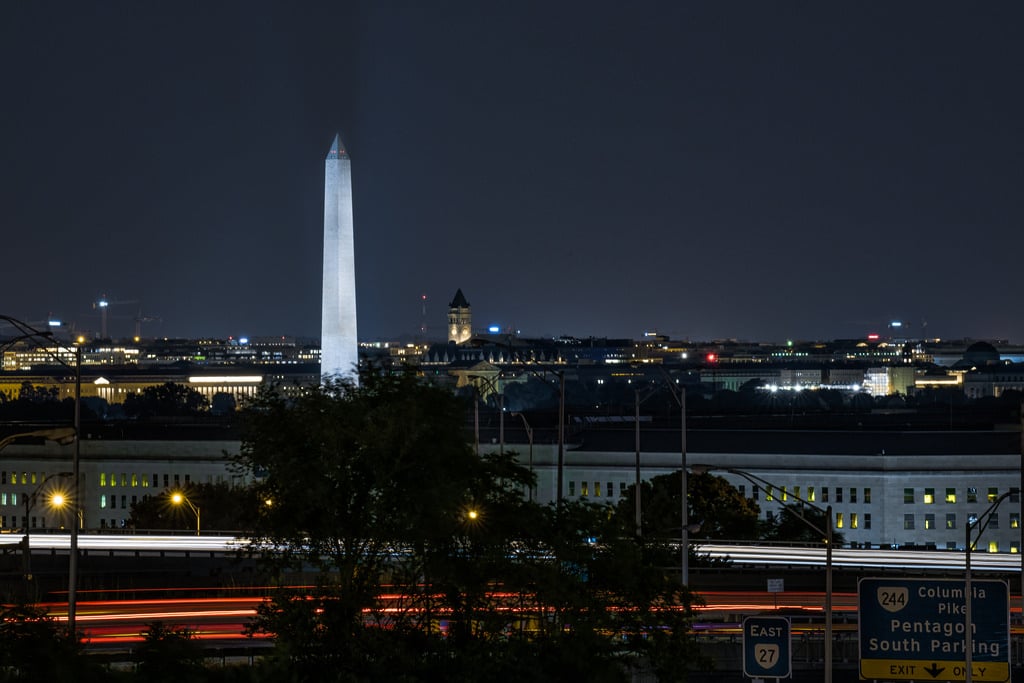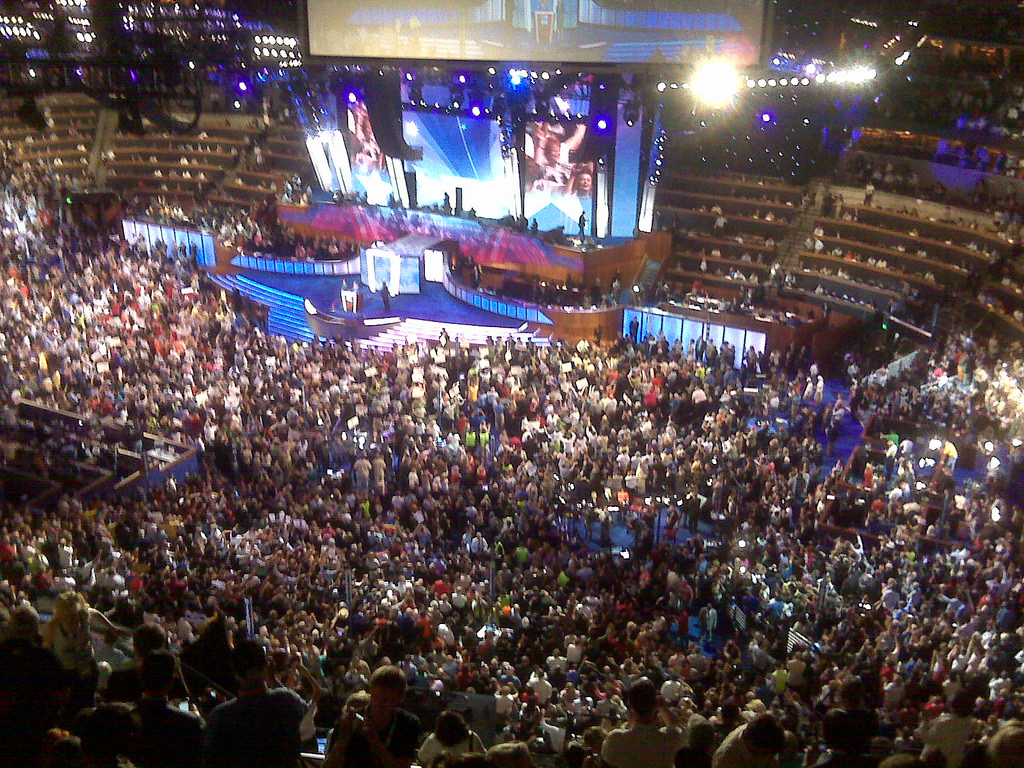The United States Virgin Islands (“USVI”) has convened constitutional conventions in 1964, 1971, 1977, 1980, and most recently, in 2004. None of these conventions yielded a Constitution for the territory.
The USVI is currently governed by the regulations set forth by The Revised Organic Act of 1954 (Public Law 83-517, 68 Stat. 497), which replaced the Organic Act of 1936. The 1954 Act provides for the enactment of a constitution for the territory drafted by constitutional convention, approved by the United States Congress, and then voted into action by the electorate of the territory. Once enacted, a territorial constitution would essentially nullify the 1954 Act, giving Virgin Islanders increased influence over the form and function of territorial governance.
The Subcommittee on Insular Affairs, Oceans and Wildlife of the Committee on Natural Resources of the United States House of Representatives convened an oversight hearing on Wednesday, March 17, 2010, to review the provisions of the proposed constitution. Amongst the hearing’s attendees were deJongh and Gerard James II, the President of the 5th Convention. The hearing focused primarily on the findings of the United States Department of Justice (“DOJ”) as laid forth in a memorandum to the Office of Management and Budget.
The hearing resulted in Congress enacting Public Law 111-194, 124 Stat. 1309, urging the 5th Convention to reconvene to review and revise those provisions of the proposed constitution. A 2011 Act of the 29th Legislature of the Virgin Islands establishes the 5th Revision Convention, composed of the same previously elected delegates and a legal team. The Revision Convention had until October 31, 2012 to present a draft constitution. The 2011 Act stipulated that if the Convention failed to present a draft Constitution, it would be dissolved, at which time the process would have to begin from the start.
The 5th Convention, which was sanctioned by a 2003 Act of the 25th Legislature of the Virgin Islands, furnished a draft Constitution which was only submitted to the President of the United States after a legal battle between the USVI Governor deJongh and the 5th Convention , has revived the historical debate regarding the role of socio-cultural status in territorial life.
The DOJ Memorandum cited that the provisions of Article III of the draft Constitution conflict with the equal protection clause of the 14th Amendment to the United States Constitution. The aforementioned article classifies the electorate of the territory into several classifications.
The first, defined as ‘Ancestral Native Virgin Islanders (“ANVI”)’ applies to people, or the descendants of people, born or domiciled in the USVI prior to and including June 28, 1932 and not a citizen of a foreign county, as well as to descendants of ANVI residing outside of the United States, its territories and possession between January 17, 1917 and June 28, 1932, not subject to the jurisdiction of the United States and who are not citizens or subjects of any foreign county. The second, defined as ‘Native Virgin Islanders (“NVI”)’ applies to people, or the descendants of people, born in the USVI after June 28, 1932. Everyone else who are citizens of the United States and the UVSI, but do not fit into either of the aforementioned descriptions, form the third group of the territory, not expressly classified in the draft.
The draft Constitution goes on to grant a set of special privileges to ANVI and NVI. Article VI, Section 3 (d) requires that the Governor and Lieutenant Governor of the USVI to be ANVI or NVI. Article XI, Section 5 (g) exempts ANVI and NVI from the payment of real property tax. Article XVII creates a Political Status Advisory Commission, a body whose task would be to promote awareness of the USVI’s political status options. Section 1 (a) of Article XVIII restricts the 11 member Commission to individuals who are ANVI or NVI, while Section 2 (d) of the same Article reserves exclusively for ANVI and NVI the right to vote on the political status of the territory.
While there are other issues surrounding the draft, the special categories of citizens and the subsequent special rights and privileges awarded to those citizens, forms a vast majority of the conversation regarding the work of the 5th Convention because it is a contentious issue in the territory. On one side of the argument is Governor deJongh, who, in his testimony at the oversight hearing stated that:
“With respect to the proposed Virgin Islands constitution that is before you, I am here today to reiterate my already express positions on the document, which for me has come down to a very simple and straightforward issue of civil rights. Our population hails from all parts of the Caribbean and all parts of the world. Those who are native Virgin Islanders, as well as those who come and live among us in the Virgin Islands, are and must be treated as equal, fully protected by the laws of the United States and the laws of the Virgin Islands.”
On the other side of the argument is Convention President James, who, in testimony at the same oversight hearing, stated that:
“We strongly feel that these provisions are not discriminatory, and do not violate federal law as it is presently applied to the Virgin Islands and supports a compelling state interest.”
Governor deJongh’s argument embodies the spirit of the equal protection clause, the notion that each person is equal in the eyes of the Law. His argument have substantial weight, as the proposed constitution would, if enacted, restrict taxpayers in the territory who are not ANVI or NVI from running for the highest offices in the territory and restrict them from involvement in shaping policies regarding the political status of the territory. What’s more, the manner in which Article III of the draft defines ANVI includes individuals who aren’t even resident in the territory, creating the issue of individuals who have more political influence than those resident in the territory without the special status.
Despite the fact that the respective provisions of the draft Constitution are prima facie discriminatory, the arguments have their roots in the culture and history of the territory. The United States purchased the Danish West Indies (now the USVI) from the Kingdom of Denmark for $25 million in gold in 1917. Article 6 of the Convention between the United States and Denmark for cession of the Danish West Indies stipulates that Danish citizens who remained in the islands may either choose to preserve their Danish citizenship by declaration in a court of record. The Convention stipulates that failure to declare Danish citizenship in the prescribed manner meant acceptance of United States Citizenship.
While the citizenship status of Africans in the islands was in limbo until the passage of the 1927 Nationality Act, which was revised by the Nationality Act of 1940 (Public Law 76-853, 54 Stat. 1137), Article 6 of the Convention did stipulate that “the civil rights and political status of the inhabitants of the islands shall be determined by the Congress…”, later found by the District Court of the Virgin Islands to be interpreted to mean that the United States Constitution did apply to the USVI.
The crux of Convention President James’ argument, therefore, rests on the idea that in order to prevent the erosion of the African population whose political status was unclear between 1917 and 1932, as well as those Africans in the islands who fought for and got freedom for Africans in the territory prior to the 1917 Treaty, those individuals and their biological offspring should be granted a special socio-cultural status in several aspects of territorial life. Prior to the 1980’s, the territory’s population was virtually composed of ANVI and NVI. The 1980’s and onward, however, saw increased immigration from throughout the Caribbean basin to provide for the robust job market. Now, ANVI and NVI make up only about 51% of the territory’s population. This, then, would be the erosion that the 5th Convention identified and sought to correct through the granting of special privilege.
As of current, no information is available on the status of the 5th Revision Convention. We are left to assume that either a draft will be presented to Congress in the coming year, or the Convention failed to produce a draft and was permanently dissolved. As one of two of the nation’s five territories that has yet to establish a foundation for its self-governance, the day that the Virgin Islands Constitution seems, unfortunately, out of reach to the electorate of the USVI.
-R.J. Windsor

